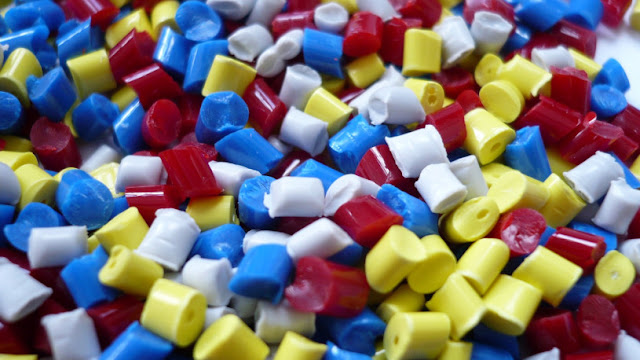Polymer Stabilizers: Enhancing Durability and Performance
 |
| Polymer stabilizers |
Polymer stabilizers play a crucial role in enhancing the durability and performance of polymers, which are widely used in various industries. These stabilizers are chemical additives that are incorporated into polymer formulations to prevent degradation caused by heat, light, oxidation, and other environmental factors. By protecting the polymers from degradation, stabilizers extend their service life and maintain their physical and mechanical properties, ensuring optimal performance in a wide range of applications.
One of the primary
challenges faced by polymer manufacturers is the susceptibility of polymers to
degradation when exposed to external factors. This degradation can result in a
loss of mechanical strength, discoloration, embrittlement, and other undesirable
effects that can render the polymer unfit for its intended purpose. Polymer
stabilizers act as protective agents, intercepting and neutralizing the
reactive species that cause degradation, thereby preserving the polymer's
integrity.
There are different types
of polymer stabilizers available, each designed to address specific degradation
mechanisms. One commonly used type is UV stabilizers, which protect polymers
from the harmful effects of ultraviolet (UV) radiation. These stabilizers
absorb the UV radiation and dissipate it as heat, preventing it from
interacting with the polymer molecules. UV stabilizers are essential for
polymers exposed to outdoor environments, such as building materials,
automotive components, and plastic films.
Another critical type of
stabilizer is antioxidant stabilizers, which inhibit oxidation reactions that
occur when polymers are exposed to heat and oxygen. Oxidation can lead to chain
scission, cross-linking, and other chemical changes that weaken the polymer's
structure. Antioxidant stabilizers work by donating hydrogen atoms to free
radicals formed during the oxidation process, interrupting the chain reaction
and preserving the polymer's properties.
Heat stabilizers are
also widely used to protect polymers from degradation at elevated temperatures.
These stabilizers prevent the breakdown of polymer chains and the formation of
undesirable by-products. Heat stabilizers are particularly crucial in
applications where polymers are exposed to high processing temperatures, such
as extrusion or injection molding.
Polymer
Stabilizers can be customized to meet specific
industry requirements. Flame retardant stabilizers, for instance, enhance the
fire resistance of polymers, making them suitable for applications where fire
safety is a concern. Additionally, process stabilizers are designed to improve
the processability of polymers, facilitating their manufacturing and reducing
production issues.
Advancements in polymer
stabilizer technology have led to the development of highly efficient and
environmentally friendly options. For example, there is an increasing focus on
the use of light stabilizers that provide exceptional UV protection while
minimizing the impact on the environment. Bio-based stabilizers derived from
renewable resources are also gaining traction as sustainable alternatives.
Polymer
Stabilizers are indispensable additives in the
polymer industry, safeguarding polymers against degradation and ensuring their
long-term performance. By countering the effects of heat, light, oxidation, and
other environmental factors, stabilizers contribute to the durability,
reliability, and safety of polymers in various applications. As the demand for
high-performance and sustainable polymers continues to grow, the development of
innovative stabilizers will play a crucial role in meeting these evolving needs
and expanding the possibilities of polymer-based solutions.



Comments
Post a Comment